World Science Festival produces original live and digital content that brings scientific discovery, insight and perspective to a broad general audience. Our flagship live event returns to New York City May 30-June 3, 2018. Now in its 11th year, it is an unprecedented annual tribute to imagination, ingenuity and inventiveness. Through programming that spans a broad range—from vibrant discussions and debates to works of theatre and film—world-class scientists, leading thinkers, and renowned artists take science out of the laboratory and into the streets, theaters, museums, and public halls of New York City, making the esoteric understandable and the familiar fascinating. The week-long New York Festival has drawn more than 2.5 million visitors since its launch in 2008, with millions more viewing the programs online.
For more information please visit www.worldsciencefestival.com.
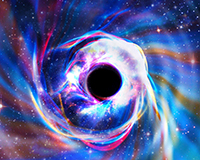 |
DARKNESS VISIBLE: Shedding New Light on Black Holes Black holes may hold the key to understanding the most fundamental truths of the universe, but how do you see something that’s, well, black? Astronomers think they have the answer. Thanks to a global array of radio telescopes that turns the Earth into a giant receiver, we may soon have the first picture of the event horizon of Sagittarius A*, the black hole at the center of the Milky Way galaxy. And, with the power of math, scientists are going even further, using equations to “look” inside black holes, peering at the central singularity where general relativity and quantum mechanics collide. Join Brian Greene and other leading physicists and astronomers on a journey to make darkness visible. |
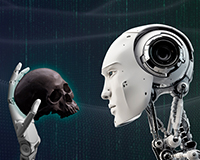 |
TEACH YOUR ROBOTS WELL: Will Self-taught Robots be the End of Us? “Success in creating effective A.I.,” said the late Stephen Hawking, “could be the biggest event in the history of our civilization. Or the worst. We just don’t know.” Elon Musk called A.I. “a fundamental risk to the existence of civilization.” Are we creating the instruments of our own destruction or exciting tools for our future survival? Once we teach a machine to learn on its own—as the programmers behind AlphaGo have done, to wondrous results—where do we draw moral and computational lines? Leading specialists in A.I, neuroscience, and philosophy will tackle the very questions that may define the future of humanity. |
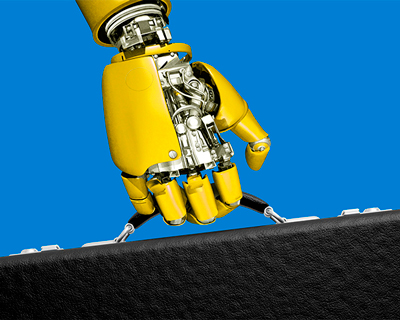 |
COOL JOBS: Savage Careers in Science That’ll Blow Your Mind Come meet scientists who have some of the coolest jobs on the planet–jobs that take them out of the lab, into the world, and far beyond. You’ll get to meet a venomous snake-loving herpetologist, a forensic scientist sleuthing crime scenes for clues, a NASA engineer who lands spacecrafts on Mars, inventors who are changing the future of sports–and through it all spark new ideas of how a life in science is a life of unending adventure. |
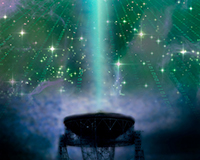 |
WHO IS OUT THERE: Why Alien ‘Life’ May Be Weirder Than We Imagine NASA astronaut Michael J. Massimino, who’s logged more than 571 hours in space, has yet to meet an alien, but that doesn’t mean he’s never pondered their existence. Alien life has been a mainstay and fascination of science fiction, but who–or what–might actually be out there: biological life, artificial intelligence, or some combination of both? It took only 200,000 years—a blip on the cosmic timeline—for the first sparks of intelligent life to invent artificial intelligence here on Earth. And since space is big, and life is short—at least biological life as we know it—it may be that chatter on the cosmic airwaves is dominated by a spectacular spectrum of A. I. Join Lisa Kaltenegger, Caleb Scharf, Susan Schneider, and Sara Walker to wrestle with the subject of how life down here might be a thoroughly misleading guide to life up there. |
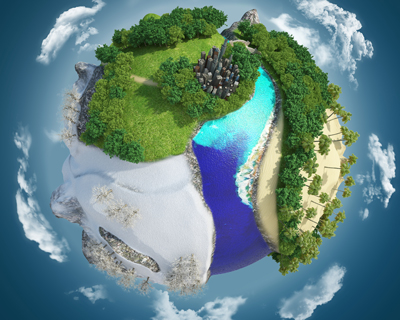 |
FLAME CHALLENGE: “What is Climate?” When Alan Alda was 11-years-old, he asked his teacher, “What’s a flame?” Her response – “It’s oxidation” – left him both disappointed and still in the dark. From this moment of discouragement blossomed today’s Flame Challenge, now in its seventh year: a contest that challenges scientists all over the world to explain a basic scientific concept simply and clearly enough that an 11-year-old can understand. This year’s Flame Challenge is “What is climate?” It’s not an easy question to answer. In this program, we will meet the winners of the challenge, hear their simple yet brilliantly clear definitions of climate, and even see a man-made floor-to-ceiling tornado. |